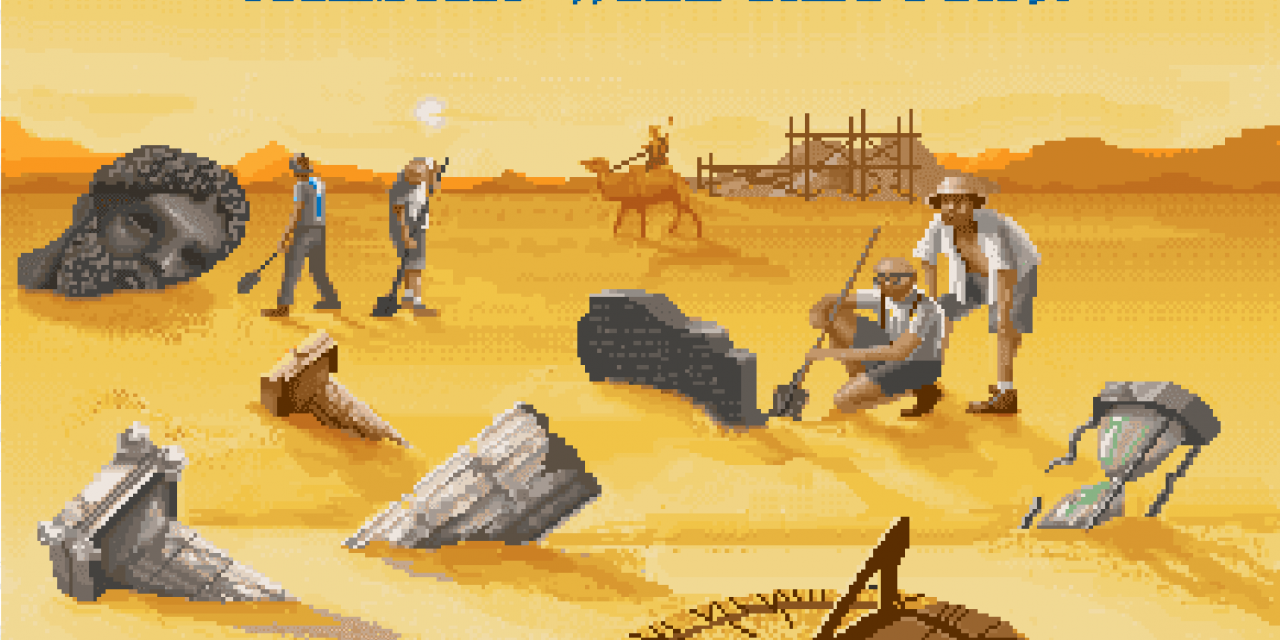
The first ever study on the commercial availability of video games has been completed, and it makes for bleak reading if you’re a fan of older video games. According to the study, created by the Video Game History Foundation and the Software Preservation Network, an incredible 87% of all the video games ever released in the United States are classified as "critically endangered", which means they are broadly unavailable to the average consumer.
"Broadly unavailable" in this case means the games in question aren’t easily commercially available, for instance, from a storefront like GOG, which prides itself on its catalogue of older games. Copies of these games are available, but only if a consumer resorts to piracy, hunting through vintage collections, or by travelling to specific libraries and archives which maintain a collection of older games.
The study used over 4,000 games across a number of different consoles, each console individually classed as either "Abandoned", "Neglected", or "Active". A game getting the coveted "accessible" rating depended on how much of the original version had been preserved. So while remasters would count as available, remakes would not. Shockingly, almost 9 out of 10 games fell outside of this rating.
This sort of loss to the wider public would normally be prevented by libraries and archives, but the problem here is that video games aren’t covered by nearly as much protection as other forms of media, such as films and books. Unlike most other media, video game archives aren’t able to allow off-site access.
The study has a simple example it uses to highlight the problem: "Imagine if the only way to watch Titanic was to find a used VHS tape, and maintain your own vintage equipment so that you could still watch it. And what if no library, not even the Library of Congress, could do any better — they could keep and digitize that VHS of Titanic, but you’d have to go all the way there to watch it."
These sorts of restrictions mean video game history is extremely limited to those near a particular archive, and mean generations of games are outside of the reach of most. However, large parts of the industry don’t seem to believe there’s a problem. The Entertainment Software Association (ESA) has previously argued that there isn’t a problem here, and that there’s "no such thing as an obsolete game."
Players would disagree with this, as a veritable cottage industry has sprung up around a number of abandoned games, including a number of private servers for shuttered MMOs, like








